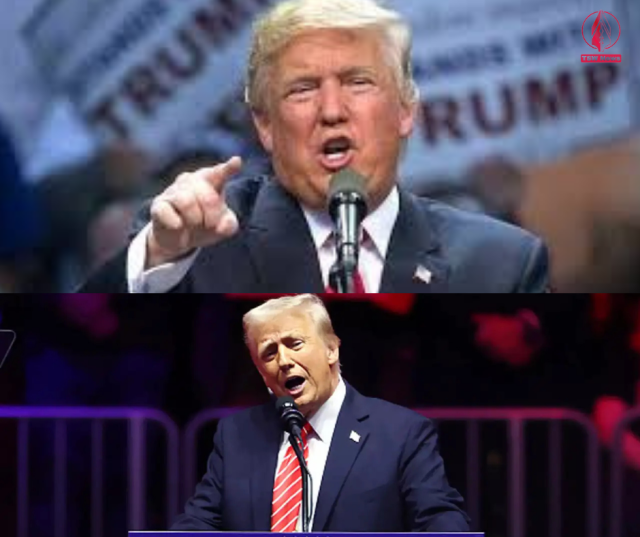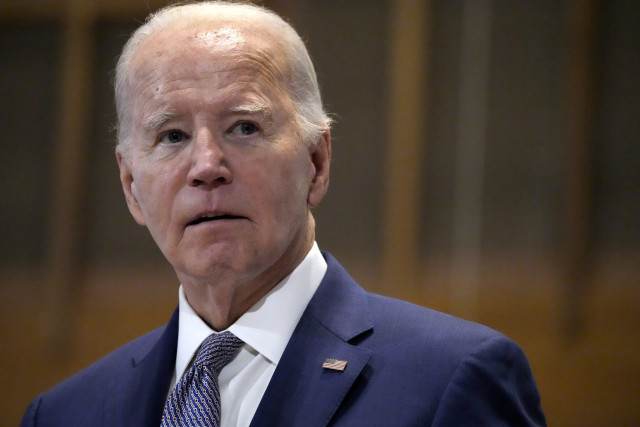Trump’s H-1B Crackdown Deepens Uncertainty for Skilled Immigrants
- Posted on August 19, 2025
- International Affairs
- By Arijit Dutta
- 140 Views
Google engineer Surbhi Madan shared her anxieties over the Trump administration’s proposed H-1B crackdown, saying her life in the US feels “temporary” despite 12 years there. She secured her visa in 2017 but worries daily about mistakes threatening her stay. Many immigrants face similar limbo as reforms loom.

The Trump administration’s push to overhaul the H-1B visa program has left thousands of skilled workers in uncertainty, including Surbhi Madan, a Google software engineer. Madan, who has lived in the US since 2013, said that despite building her career, her life still feels “temporary” because of her reliance on the visa.
She first secured her H-1B in 2017 on her first lottery attempt, a chance many recent graduates now find harder to achieve as companies cut sponsorships. While the visa opened doors, Madan told Business Insider that constant anxiety shadows her daily life. “I’m anxious about making mistakes when I drive or file taxes because I don’t want anything to threaten my stay,” she said.
The Trump administration has signaled plans to tighten or even dismantle the H-1B system, a move supported by some MAGA-aligned activists. Critics argue the program disadvantages American workers, while tech companies warn that such reforms would disrupt innovation.
Madan described how the visa uncertainty spills into even small decisions, such as choosing only a one-year apartment lease because she never knows if she’ll be allowed to stay longer. The sense of instability also affects how she views her identity in the US. After one international trip, an immigration officer dismissed her statement that she “lives” in America, saying instead, “You don’t live here; you work here.”
Also Read: Florida crash driver Harjinder Singh faces homicide charges, deportation after fatal wreck
Her story reflects the precarious reality for many H-1B holders who have built lives in the US but remain vulnerable to policy shifts. With reforms looming, their future hangs in balance.




